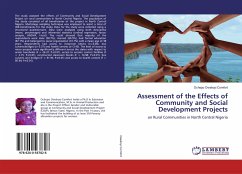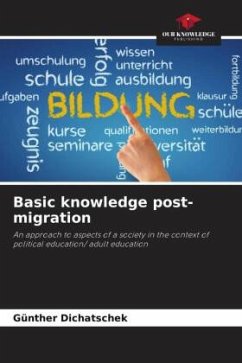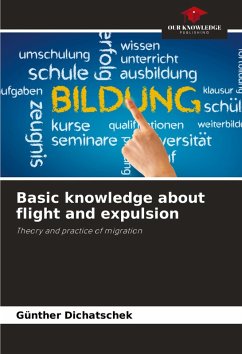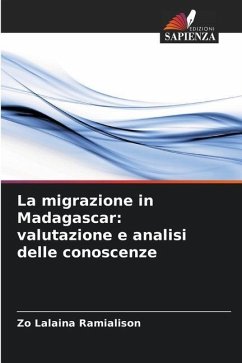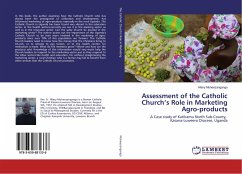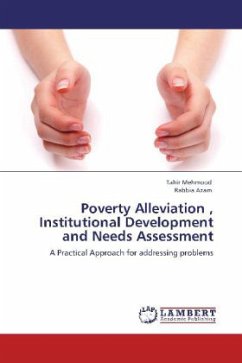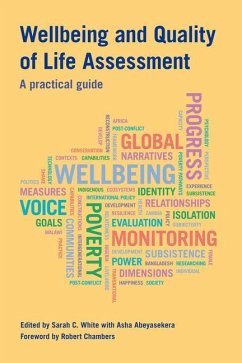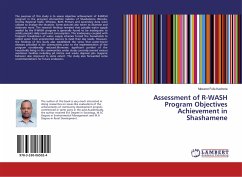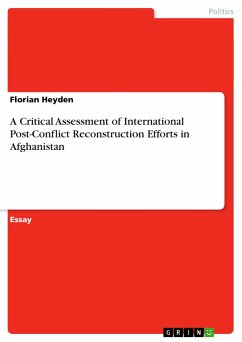
Migration in Madagascar: knowledge assessment and analysis
Versandkostenfrei!
Versandfertig in 6-10 Tagen
27,99 €
inkl. MwSt.

PAYBACK Punkte
14 °P sammeln!
Etymologically, migration comes from the Latin word "migratio", meaning passage from one place to another. Several authors have defined the concept from different angles. Specifically, migration is a movement that takes space and time into account. In the study of the concept of migration, three schools of thought come together: neo-liberal thought, defining the seven laws of migration, neo-Marxist thought with a dualist approach, and neo-classical thought with probabilistic thinking. In general, migration is classified according to three distinct criteria: temporality, spatiality and motivati...
Etymologically, migration comes from the Latin word "migratio", meaning passage from one place to another. Several authors have defined the concept from different angles. Specifically, migration is a movement that takes space and time into account. In the study of the concept of migration, three schools of thought come together: neo-liberal thought, defining the seven laws of migration, neo-Marxist thought with a dualist approach, and neo-classical thought with probabilistic thinking. In general, migration is classified according to three distinct criteria: temporality, spatiality and motivation. The study of migration requires a methodology to apprehend this phenomenon. A dynamic approach takes into account the evolution of the phenomenon through estimates and confrontation with censuses. However, despite these methods, migration data is difficult to obtain and has its limitations. The study of migration in Madagascar is based partly on oral traditions and partly on written accounts. This information is disparate and difficult to quantify.



